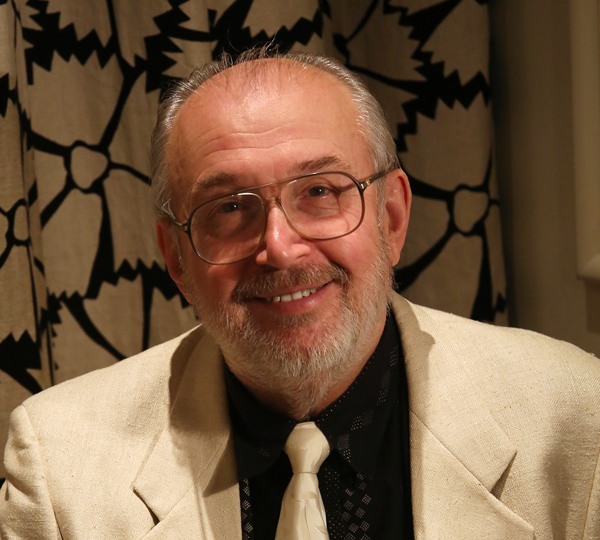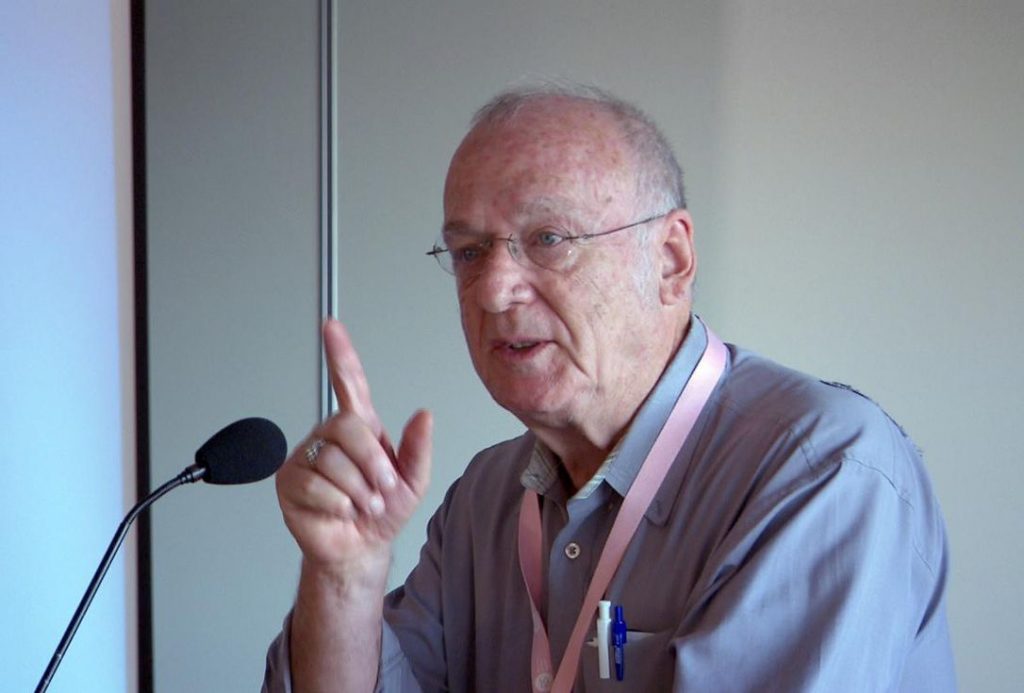A Wisconsin physician who has been pushing unproven treatments for Covid-19 has lost a paper on a hospital protocol his group says radically reduced deaths from the infection after one of the facilities cited in the study said the data were incorrect.
Pierre Kory, whose titles have included medical director of the Trauma and Life Support Center Critical Care Service and chief associate professor of medicine at the University of Wisconsin School of Medicine and Public Health, in Madison, has become a key figure in the controversy over the use of ivermectin — the deworming agent that proponents insist can treat Covid-19 despite a lack of evidence that it does.
In late December 2020, Kory — who rails on Twitter about unfair and incompetent journals — and another ivermectin advocate, Paul Marik, of Eastern Virginia Medical School in Norfolk, and several other authors published a paper in the Journal of Intensive Care Medicine on a group they’d created called the Front-Line COVID-19 Critical Care Alliance. Per the article:
Continue reading Bad MATH+? Covid treatment paper by Pierre Kory retracted for flawed results








